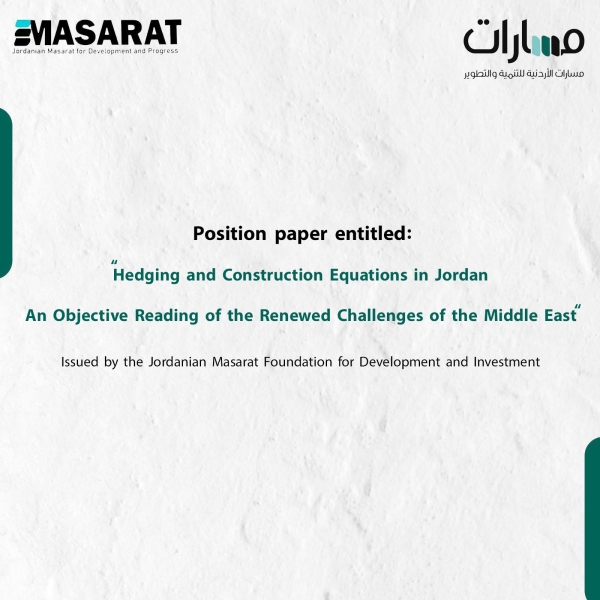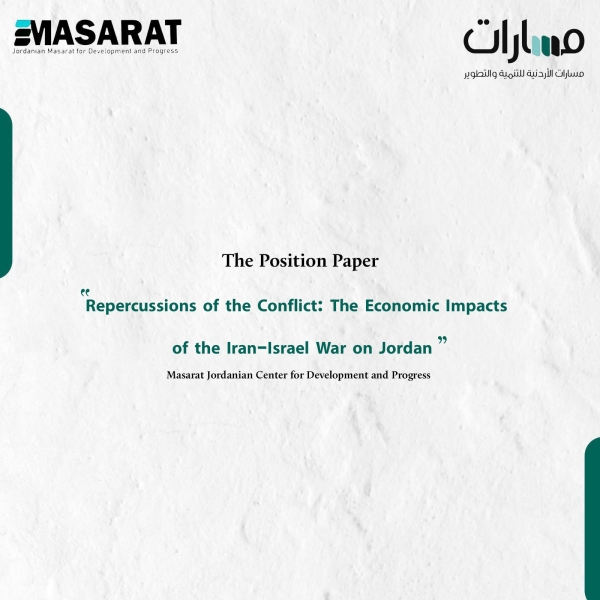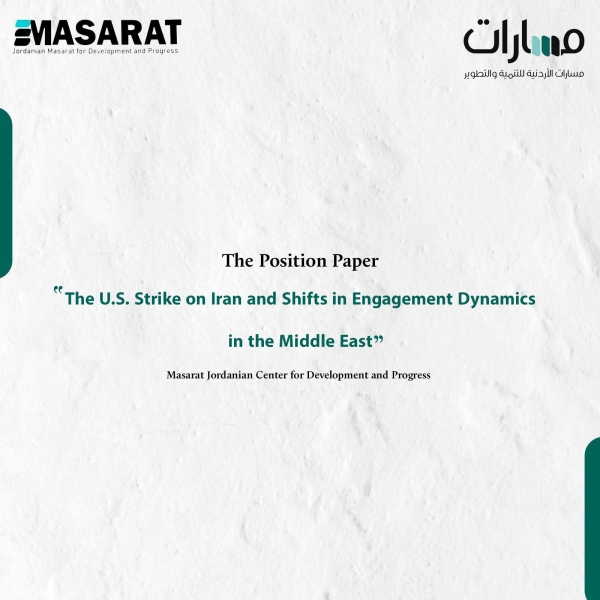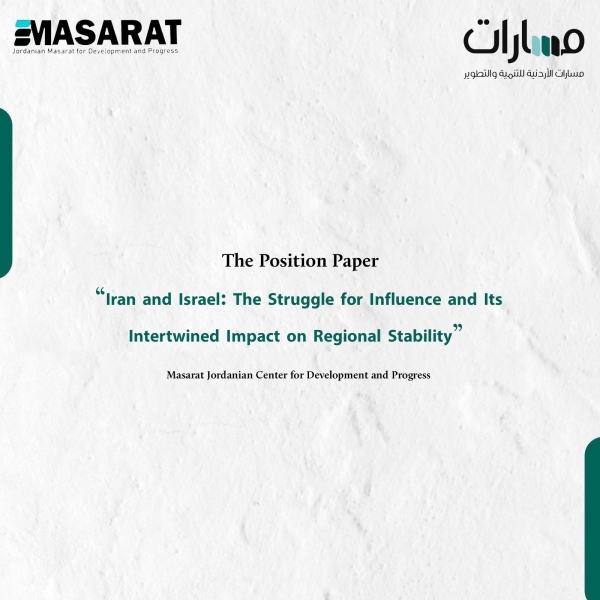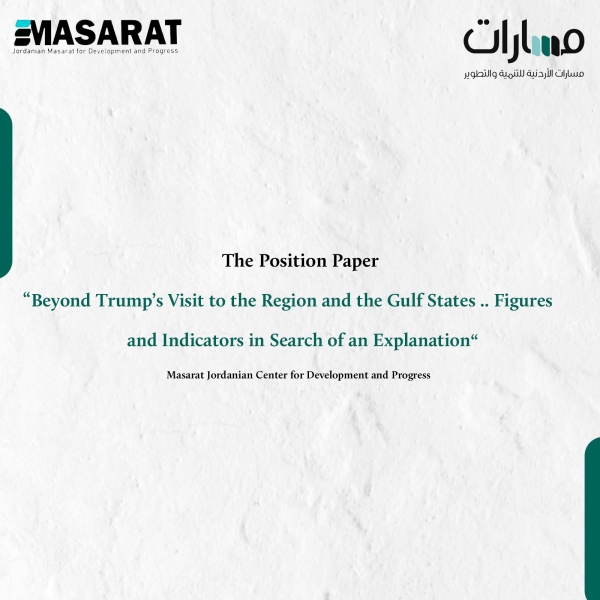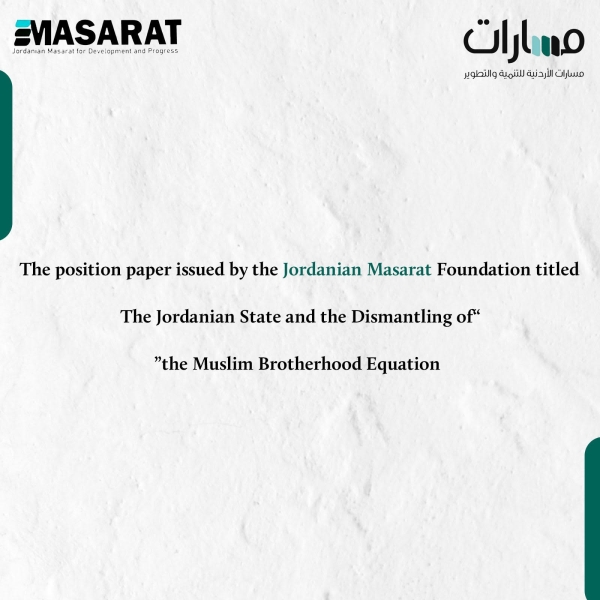The Current American Context
The political landscape in the United States has become increasingly polarized between the two major parties, the Democrats and the Republicans, especially after the 2020 presidential elections. Former President Donald Trump remains a polarizing figure, retaining significant influence over the Republican base while facing mounting legal challenges and investigations. His potential return to the political arena has heightened tensions and debates about the future direction of U.S. domestic and foreign policies.
Under the Biden administration, American policies toward the Middle East have been marked by a relatively reserved and pragmatic approach, focusing on rebuilding alliances, promoting diplomacy, and addressing global challenges such as climate change and public health. This contrasts sharply with the aggressive and transactional style of the Trump administration, which was characterized by its "America First" doctrine and controversial decisions, including the recognition of Jerusalem as Israel's capital and the withdrawal from the Iran nuclear deal.
Implications for the Palestinian Cause
A potential Trump return would likely lead to renewed efforts to enforce the "Deal of the Century,” a plan that prioritizes Israeli security and territorial ambitions at the expense of Palestinian aspirations for statehood. The plan could further marginalize Palestinian political leadership and weaken Arab unity on the issue, thereby exacerbating tensions in the region.
Jordan, as a custodian of holy Islamic and Christian sites in Jerusalem, would face direct repercussions from any unilateral actions affecting the status of the city. These policies may undermine Jordan’s role and further destabilize the already fragile relationship between Jordan and Israel.
Impact on Jordan and Regional Stability
The Trump administration’s policies in its previous term demonstrated a tendency to pressure regional allies, including Jordan, to conform to its broader geopolitical objectives. These pressures included demands for normalization of relations with Israel, alignment with U.S.-led economic frameworks, and involvement in controversial regional initiatives.
A renewed Trump presidency could reignite these dynamics, putting Jordan at the center of contentious regional issues. Economically, Jordan may face challenges linked to decreased foreign aid and investment due to shifting American priorities. Politically, the country could experience increased pressure to accommodate policies that conflict with its national interests, particularly regarding the Palestinian issue.
Security Dimensions
The potential for escalating regional tensions under Trump’s leadership cannot be overlooked. Policies favoring Israeli expansion and settlement building may provoke unrest and resistance in Palestinian territories, with spillover effects on neighboring countries, including Jordan. Additionally, the intensification of U.S.-Iran tensions could destabilize the broader region, further straining Jordan’s security apparatus and economic stability.


